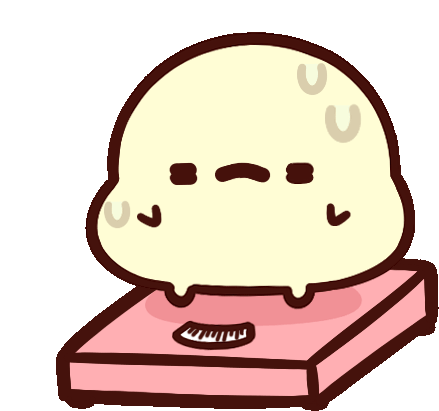Sleep Study -- Can someone translate these results?
-
Trending Products
-
Trending Topics
-

- 630 replies
- 21,825 views
-

Report Your WINS ..What is your today's win??🥇
By Mspretty86, in Rants & Raves
- gastricsleeve
- vsg
- (and 1 more)
- 141 replies
- 7,755 views
-

- 51 replies
- 1,811 views
-

- 9,731 replies
- 838,777 views
-

- 32 replies
- 1,003 views
-

- 29 replies
- 1,255 views
-

- 23 replies
- 1,139 views
-

- 59 replies
- 4,948 views
-
-
Recent Status Updates
-
Woohoo! I have 7 more days till surgery, So far I am already down a total of 20lbs since I started this journey.· 1 reply
-
-
Hi, I’m new here. I’m currently on the liver shrinking diet. So far so good, but I have to say I haven’t found a protein shake I like. Anyone have any suggestions please? My surgery date is September 17th.· 2 replies
-
Fairlife Core are by far the best. They taste just as they are - chocolate milk. You can either get the 26 grams or the 42 grams (harder to find and more expensive). For straight protein look at Bulksuppliments.com ..they have really good whey proteins and offer auto ship plus they test for purity. No taste or smell...
-
Fairlife has strawberry, vanilla and of course chocolate. No more calories than other protein drinks. Stay away from Premiere, they're dealing with lawsuits due to not being honest about protein content.
-
-
HGH For Sale· 0 replies
hgh for sale at our online pharmacy
Human growth hormone (HGH) is a small protein which is made in part of the brain called the pituitary gland. It travels in your bloodstream all over your body to make your body grow.
HGH is very important in the body. It is needed for children to grow normally. It helps make sure there is enough muscle and fat in the body. It keeps our bones healthy.
Buy Rybelsus online, Rybelsus tablets
You can order for wegovy at our online pharmacy
Check for the prices of 0.25mg, 0.5mg and 1mg at our online pharmacy and buy ozempic.
- This update has no replies.
-





















